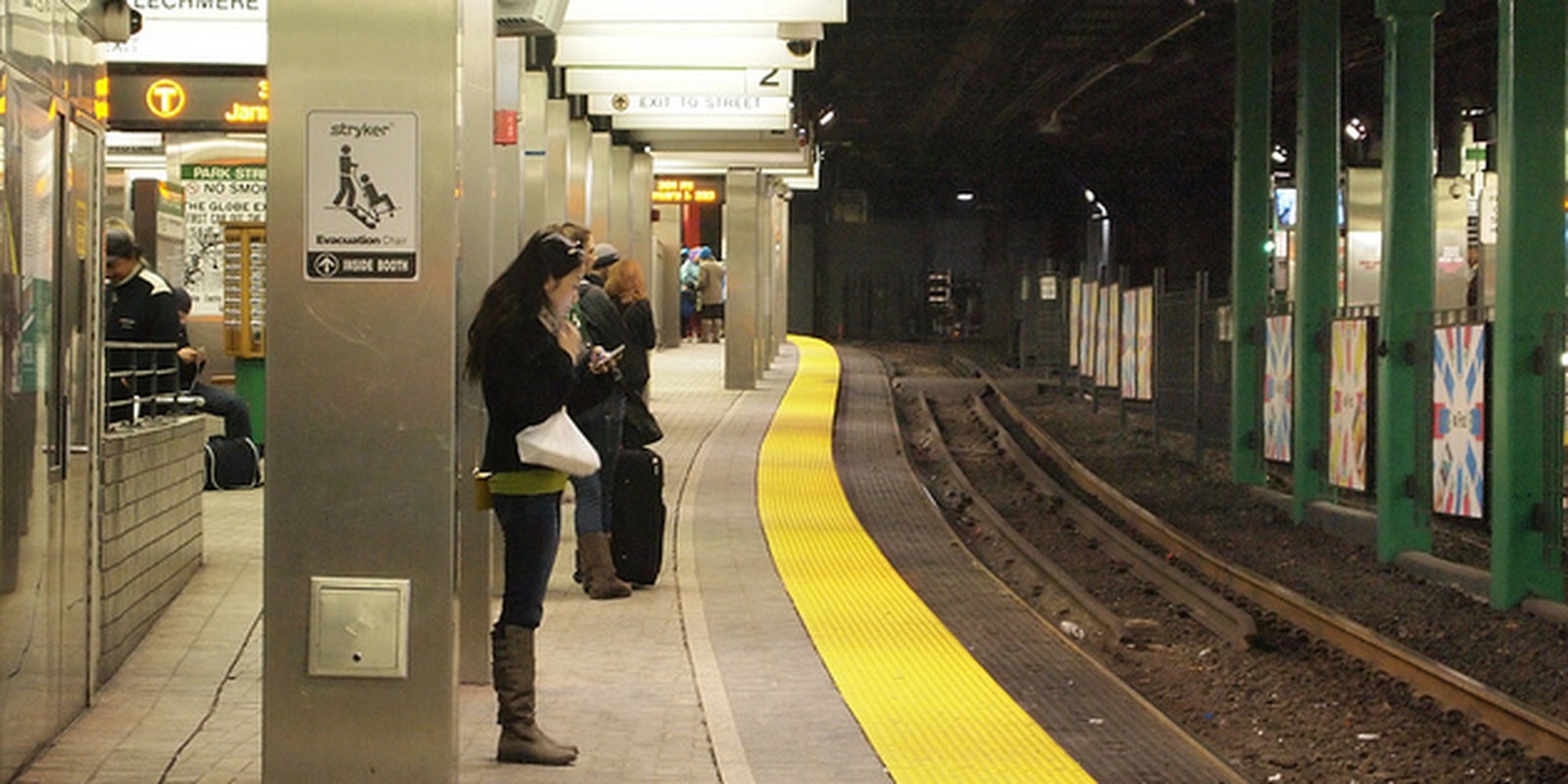Should the right to take upskirt photos of unsuspecting women on the subway be covered under the First Amendment? That’s what 31-year-old Andover, Mass. resident Michael Robertson is arguing.
In August 2010, Robertson was arrested after taking photos up women’s skirts on Boston’s Green Line, including one of an undercover transit cop, and charged with two counts of “photographing an unsuspecting nude or partially nude person.” He appealed the charge, and on Nov. 4, 2013, the Supreme Judicial Court heard oral arguments from both the Suffolk County District Attorney and Robertson’s lawyer, Michelle Menken.
Menken asserted that the law under which he was charged refers to electronic surveillance of “partially nude” persons, and that the women on the Green Line didn’t fall into that category. She added that the law is outdated, and only refers to places like bathrooms or dressing rooms, where women could be “partially nude.” If convicted, Menken said, this will be a violation of her client’s First Amendment rights.
Prosecutor Cailin Campbell, however, argued that upskirts, by definition, should be considered partially nude photographs, and that witnesses saw Robertson holding his phone at his waist, so as to zoom in on women’s lower regions. According to the Eagle Tribune, Justice Ralph Gants asked Campbell what would happen if a photographer was “doing a project of people on the subway or out in public and he wants to get candids.”
She responded that, “Just because somebody wants to take a picture, doesn’t mean they should.”
Besides the rich irony of Robertson’s attorney arguing that women should yield to the First Amendment and allow men to take secretive photos of them, there’s another troubling component: Consent never entered the argument, which was only about what the woman was wearing and what degree of “nudity” she was exhibiting. According to Menken, the law, not her client, is at fault here.
The issue of creepshots has been a contentious one in the last year. In 2012, Reddit’s r/creepshots forum was dismantled, after a teacher posted photos of students on the site. Over the summer, a Change.org petition was created to ban creepshots from social media, citing them as a form of harassment. However, this might be the first time a case about creepshots, and how much privacy you should expect on public transportation, has been heard by the Supreme Court.
Robertson was not in court yesterday. He faces more than two years in prison if convicted.
Photo via Louis Oliveira/Flickr
